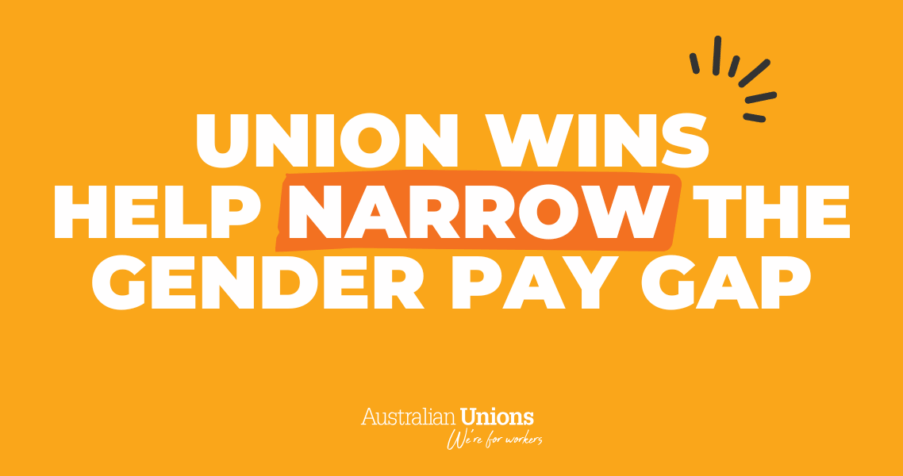From a young age, we are led to believe that periods are private, shameful and “womens’ business”. Unfortunately, this stigma carries all the way through to menopause, which we seem to talk even less about.
There are many symptoms of menopause that make it hard to carry on with regular life – hot flushes, nausea and headaches to name a few.
World Menopause Day was held earlier this week, with the theme for this year being ‘cognition and mood’ in order to draw attention to one of the lesser-known perils of menopause – ‘brain fog’.
‘Brain fog’ describes a group of symptoms that include difficulty concentrating, trouble staying on task, and forgetfulness – things that can make it pretty hard to work most jobs.
It doesn’t mean that people going through menopause aren’t good workers – but that they could do with extra support from their employers to help them through this life transition.
One of the best kinds of support employers could offer is the time and space to manage discomfort. This is one of the many reasons why unions have called to introduce reproductive leave in Australia.
What is reproductive leave?
Reproductive leave would allow workers to take five days paid leave to cover IVF, endometriosis, hysterectomies, and any pain, discomfort or treatments associated with menstruation and menopause.
Workplaces overseas have been offering ‘period leave’ for years – women in Japan have been able to take paid menstrual leave since 1947, and similar policies exist in South Korea, Indonesia and Taiwan.
In 2016, the Victorian Women’s Trust introduced a ‘Menstruation and Menopause Wellbeing Policy’ that ‘supports employees in their ability to adequately self-care during their period and menopause, while not being penalised by having to deplete their sick leave.’ While it was the first of its kind in Australia, other Australian businesses have since followed suit.
How would reproductive leave make workplaces more accessible?
A 2017 Dutch study found that 80% of people suffering from menstruation related symptoms reported ‘presenteeism’ – that is, going to work despite being sick. This had a major effect on overall productivity: more so in fact, than if they had just stayed home to rest.
A survey by the Victorian Women’s Trust found that over a quarter of participants would have found their transition easier if they had been able to take time off.
While many workplaces in 2022 already include some of these accommodations – by the nature of remote and flexible work becoming the norm or through collective agreements – adopting a formal policy would help to destigmatise reproductive issues. Besides, many people work in jobs that can’t be done from home.
For example, recent research reports showed that those who work in manual jobs may experience more psychological menopausal symptoms, such as anxiety or low mood, than those in white-collar workplace settings, and that casual workers experience more muscular skeletal symptoms during the menopausal transition.
This research also found that better understanding the impact of menopause through a diversity lens is essential to make workplaces accessible. Much of the discussion around menopause focuses on white, middle-class women in professional occupations. A diversity lens identifies how experiences of menopause can be affected by socio-economic and cultural backgrounds, and is particularly complex for trans and gender-diverse people.
Reproductive leave is a good step to help workers ease through this transition without having to deplete their sick leave, as well as helping to destigmatise the conversation.
What next?
We spend so much of our lives in our workplaces, and making menstruation and menopause a normalised topic at work can help to build more understanding around the impacts it can have on quality of life.
Formal reproductive leave policies, developed considerably and with an intersectional lens, would help to normalise and support reproductive health, which is key for achieving gender equality in the workplace.
Each phase of life brings new challenges to our working lives. In a union, you have workmates beside you every step of the way and by coming together we can create accessible and inclusive workplaces for all.
If you are already a union member and want help to start a conversation about reproductive leave in your workplace, reach out to your union. Otherwise, joining your union is the best step towards achieving equality at work.
Cover photo credit: Felicity Tai






SHARE:
Why we’re talking reproductive leave on World Menopause Day